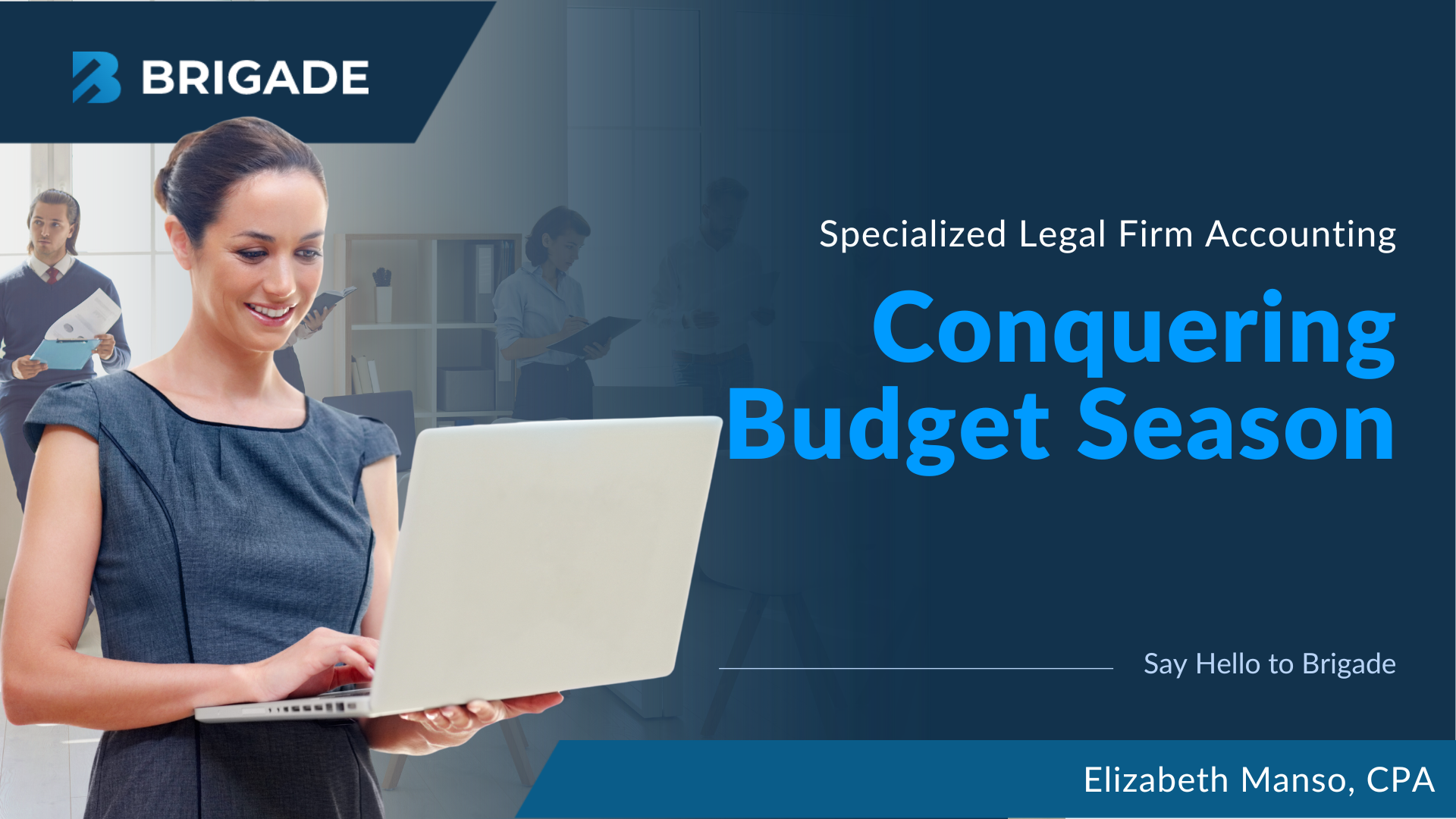 |
| Can you tell if your business is financially stable? |
As a kid, I used to love movies that included a fortuneteller, who predicted the future. At the time, it amazed me how the fortuneteller would “read” a person’s hand and share important future information. Now I know that was fake, but did you know you can read into a person’s finances, and possibly their future wealth by reading the information in their books? For real, but it all depends on whether you hire a bookkeeper or an accountant.
Most people wouldn’t be able to tell the difference between a bookkeeper and an accountant. Bookkeepers help keep track of and organize your business finances. Accountants help analyze those numbers and turn those numbers into important reports. In fact, that’s what we do every day at DM Accounting. That’s because we are bookkeepers who just happen to be CPAs, or Certified Public Accountants. We keep track of and gather information about a company’s financial health.
So how do you know if you need a bookkeeper with an accounting background? Here are some good clues:
1. RECORD KEEPING – We have a number of clients who have outsourced their bookkeeping to us from the very start. So when a company starts a business, there are many decisions that need to be made about record keeping. An accountant, together with the business owner, must decide how sales transactions will be recorded. The accountant will prepare a company’s financial statements and assist the owner in analyzing their operating costs. If this is something you can do alone, then a bookkeeper is who you need. If not, an accountant, or bookkeepers who happen to be accountants (hint, hint!), is who you need to hire.
2. BIG PICTURE – Does your bookkeeper keep track of your sales and purchases? Do they reconcile your monthly credit card and bank statements? Do they keep track of all employee commissions? After they do all of that, can he or she gather that data into a report that will help you, as a business owner, know where you stand financially? If you answered no, ask yourself, is your company financially unstable? If you answered yes, then an accountant is the best way for you to go.
3. TAX LAWS – The U.S. Tax code is more than 70,000 pages long. As a CPA, I keep up-to-date on new tax laws or changing tax trends and every two years we’re required to undergo certification. Don’t expect a bookkeeper to do the same. While bookkeepers could technically file your taxes, they shouldn’t. On the other hand, CPAs can file your taxes, perform audits and oversee your company’s financial records.
4. FUTURE WEALTH – As I mentioned earlier, CPAs can interpret your company’s financial records. Make sure your CPA provides a P&L or Profit and Loss Statement every quarter. This report will help you know your current cash flow status and can help you make important business decisions in the future, such as whether to buy more equipment, hire employees or cut back on costs.
Accountants and bookkeepers each have an important role in business. At DM Accounting, we are bookkeepers who happen to be accountants, so e-mail us to find out how we can be part of your team. We won’t lead you in the wrong direction with a fake future. Our goal is to help keep track of your books and help you analyze your current and financial future.
Here’s to good recordkeeping!


